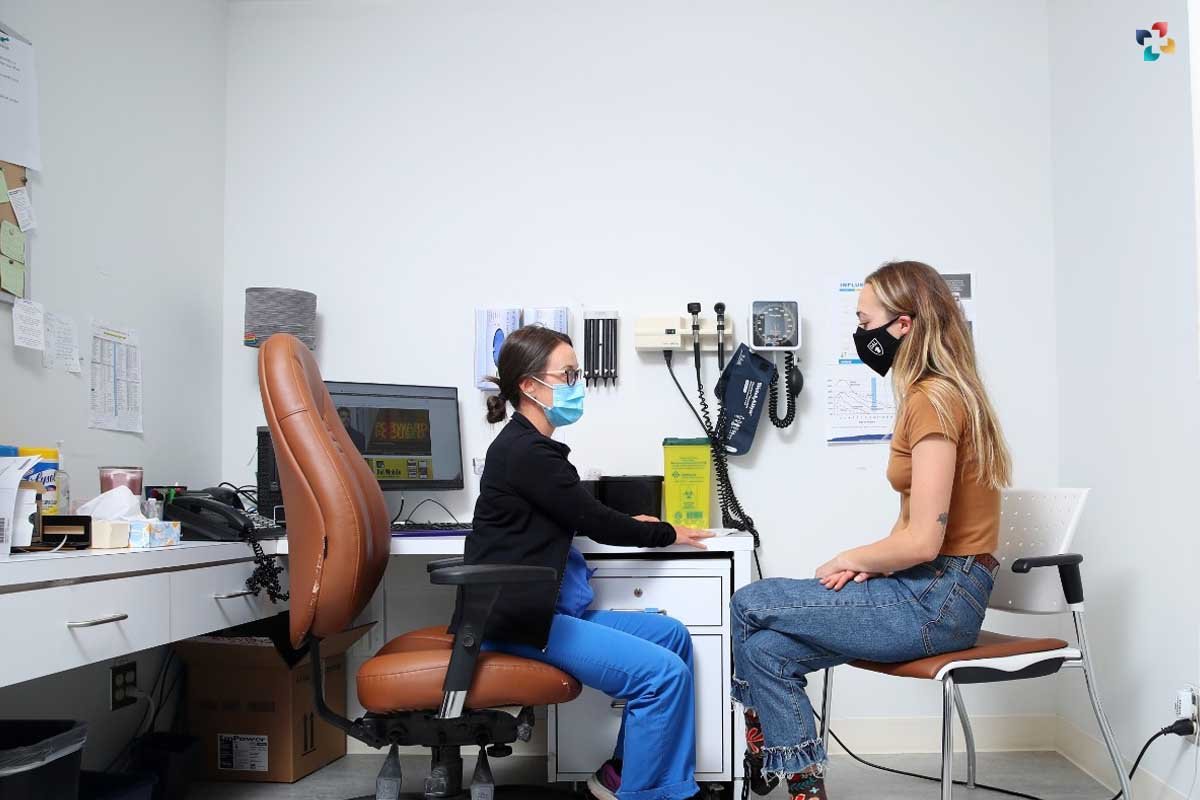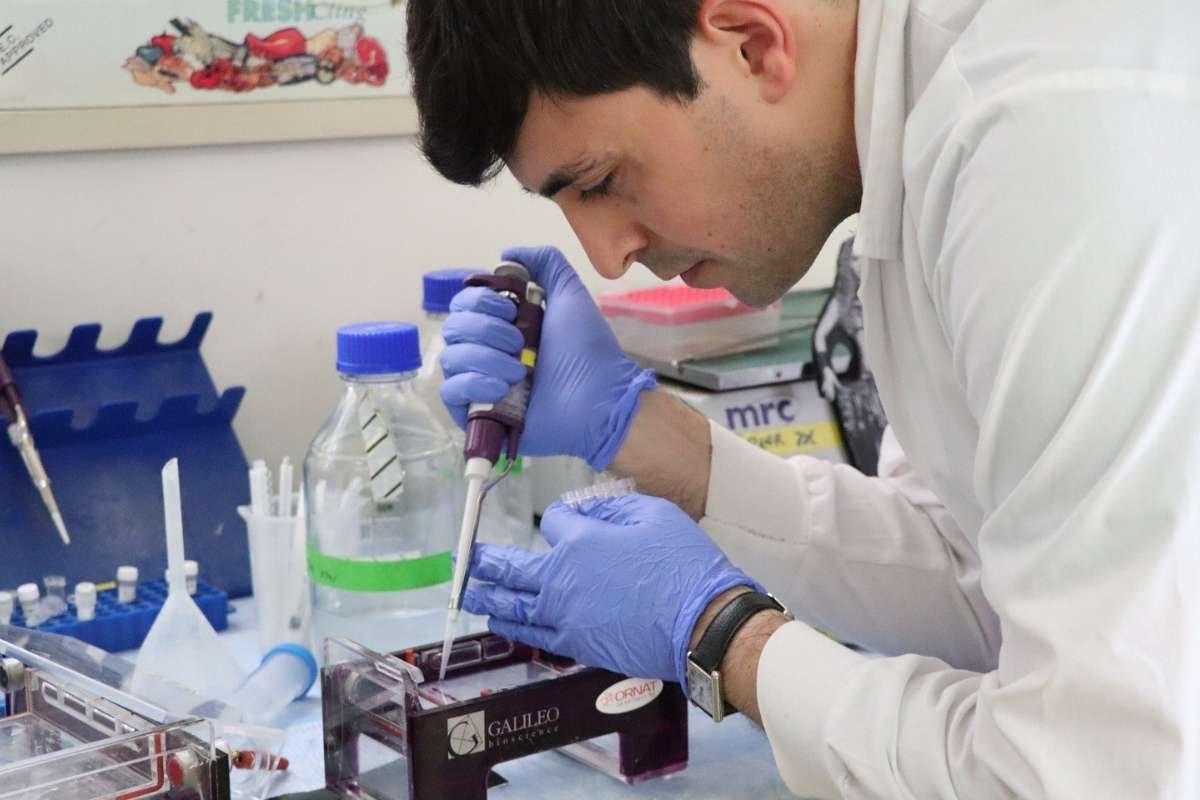The practice of delivering medical services in an outpatient environment is known as ambulatory care. This sort of care may encompass services such as diagnosis, observation, consultation, treatment, intervention, and rehabilitation without needing patients to enter a hospital.
You no longer need to enter a hospital to obtain medical care. Ambulatory Care Shaping Healthcare with an incredible spectrum of same-day care and treatments remotely, sometimes even in the comfort of their own homes.
Ambulatory care is an innovative approach to meeting the wide range of health demands in the United States by providing healthcare services in urgent care clinics, healthcare institutions, rehabilitation centers, and, in some circumstances, patients’ homes.
Ambulatory treatment also tackles the rising issue of hospital overcrowding. During the height of the COVID-19 epidemic, hospitals were overcrowded, exposing limited personnel and hospital beds. Rather than depending on the construction of new hospitals, ambulatory care provides life-saving services outside the hospital walls.
This not only allows medical personnel to treat more patients and save more lives, but it also reduces hospital expenditures, since inpatient stays are a significant expense. Continue reading to find out how working in ambulatory care puts you on the leading edge of healthcare jobs.
Ambulatory Care Services
Ambulatory care provides a wide range of outpatient treatments, including mental health, diagnostic, and rehabilitation services, among others. These services are usually reserved for non-emergencies. Among the most prevalent ambulatory care services are:
Here is How Ambulatory Care Shaping Healthcare;
1. Clinics for Health and Wellness

Ambulatory care often focuses on preventive and basic medical treatments. This includes wellness clinics, which are intended to provide primary care outside of the confines of a regular hospital environment. Counseling facilities for mental health and weight management are frequently part of wellness clinics.
2. Disease Diagnosis
Illness diagnosis is a typical service provided in ambulatory care. Ambulatory care services include x-rays, lab tests, blood tests, and MRIs. Outside of a hospital, patients may request these sorts of examinations to identify numerous diseases and malignancies. Disease Diagnosis helps Ambulatory Care Shaping Healthcare.
3. Treatment Facilities
There are several circumstances when patients need same-day care. Ambulatory care was created particularly to suit such requirements. Ambulatory environments that provide same-day treatments include drug addiction treatment facilities, same-day surgical centers, chemotherapy, and others.
4. Services for Rehabilitation
Another typical service that may be delivered via ambulatory care is rehabilitation. Post-op treatment, as well as occupational and physical therapies, are all part of rehab-centered ambulatory care.
5. Virtual Assistance
Virtual care and telemedicine are rapidly becoming popular kinds of ambulatory care since they are by far the most convenient means for people to obtain medical attention.

Virtual care enables Ambulatory Care Shaping Healthcare, practitioners to view and engage with patients by phone, text, email, and video chat from a distance. Many initial tests, consultations, and treatment plans may be completed without requiring the patient to leave their home.
Other popular ambulatory care services are as follows:
- Examinations of the blood
- Biopsy
- Chemotherapy
- Colonoscopy
- A CT scan
- Mammograms
- Minor operative procedures
- Radiation therapy
- The use of ultrasound imaging
- X-rays
Ambulatory Care Roles and Environments
There are several job options available for students and professionals interested in non-hospital healthcare positions. Physicians, registered nurses (RN), LPNs, LVNs, physical therapists, physical therapy assistants, surgical technicians, medical lab technicians, and administrative personnel are all employed in ambulatory care facilities. The same physicians, nurses, and administrators that work in a hospital may also work in Ambulatory Care Shaping Healthcare.
Working at an ambulatory requires no further education or training. This path has certain advantages. Ambulatory healthcare workers, for example, frequently have more regular schedules since there are fewer urgent incidents or crises in ambulatory care. If you’re a future or present healthcare worker looking to lessen the work-related stress associated with emergency departments and regular hospitals, this might be the career path for you. Among the ambulatory care jobs are:
1. Doctors
Ambulatory physicians provide the same non-emergency healthcare services as typical hospital doctors. Outpatient venues such as healthcare centers, urgent care, clinics, pop-ups, virtual appointments, and ambulatory surgical facilities are where they serve patients.
2. Nurses
Nurses in ambulatory care settings, like physicians, do comparable work to those in hospital settings, with the exception of emergency circumstances. If you discovered a particular interest during clinical hours, such as women’s health, you might be an excellent candidate for an ambulatory care role. Nurses Play a vital role in Ambulatory Care Shaping Healthcare.

Ambulatory care nurses specialize in providing treatment to certain patient groups. Working in this industry may allow you to put your nursing abilities to work and gain in-depth knowledge in a particular area of practice. During their schooling, nurses may specialize in ambulatory care nursing (ACN), training them, particularly for this professional path.
3. Administrators
Professionals with nursing or healthcare management degrees are completely qualified to work in ambulatory and outpatient environments. Ambulatory care facilities, like big hospitals and emergency departments, need administrators to supervise and organize the personnel.
Also Read: What is Ambulatory Care?









